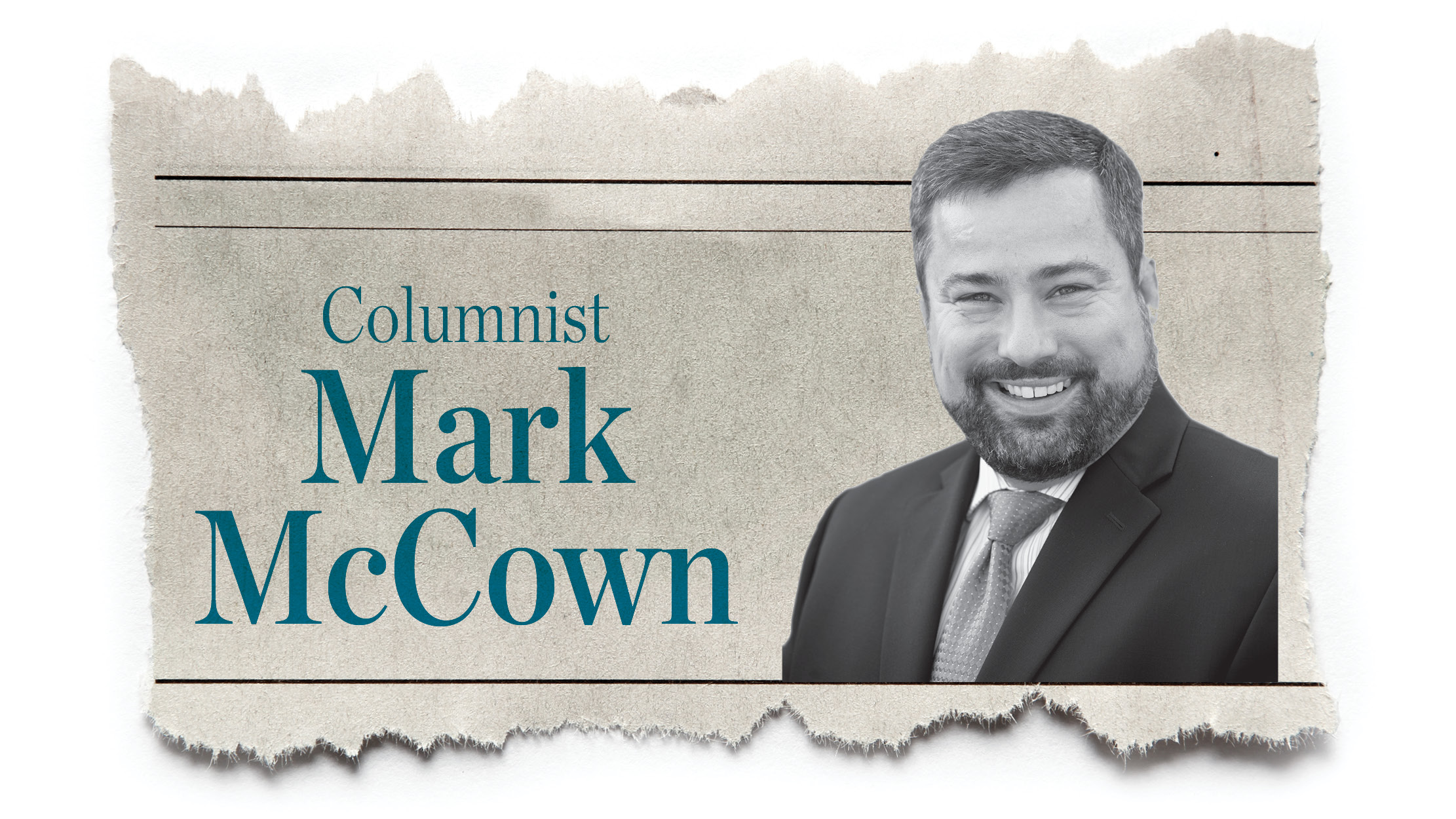Mark McCown: Verbal contract can be enforced, sometimes
Published 5:04 am Sunday, August 21, 2022
Dear Lawyer Mark: I am writing to you with a money problem.
My brother-in-law took his car to a mechanic to get the transmission fixed.
The next day he lost his job.
Since he didn’t have any money put away, he couldn’t pay the mechanic.
So I called the mechanic and told him I’d make sure he got paid if he gave my brother-in-law’s car back.
My question is, can he force me to pay the bill now?
It seems that my brother-in-law has left town. –An Angry In-Law in Coal Grove
Dear Angry In-Law: Your question presents a basic question of whether on oral agreement is binding.
The only way the mechanic could force you to pay for your brother-in-law’s transmission is if you made a valid agreement to do so. The Statute of Frauds, R.C. 1335.05, requires a promise to pay the debt of another to be in writing.
Otherwise, it is unenforceable. In other words, an oral contract will not be valid in such a situation. The outcome in your case depends upon some very fact-specific questions.
First of all, what exactly was said by you to the mechanic is extremely important.
If you said “I will pay the bill if you fix the car,” you could be sued for the bill if the exception below fits. The law considers that as a new contract between you and the mechanic.
However, if you merely said “I’ll see that you get it,” then you did not exactly agree to pay it.
Rather, you only guaranteed that someone else will pay it.
The mechanic would have to proceed first against your brother-in-law before trying to force you to pay.
The next issue involves an exception to the writing requirement.
The statute of frauds may not apply if you guaranteed the payment for your own interest rather than helping out your brother-in-law.
For example, if you guaranteed collection because you use the car to make deliveries in your business, then you may be held personally responsible for the debt.
Under the facts you have presented, it appears that you may not be held accountable for your brother-in-law’s debt.
He is still primarily responsible for the mechanic’s bill, and it is the mechanic’s responsibility to locate and seek payment from him.
That being said, there is still your own personal reputation that you should consider.
You made a promise to the mechanic, and although you may not be legally required to keep it, the morals of the situation should have a bearing on your decision.
THOUGHT FOR THE WEEK: “Failure is only the opportunity to begin again, more intelligently.” – Henry Ford
It’s The Law is written by attorney Mark K. McCown in response to legal questions received by him. If you have a question, please forward it to Mark K. McCown, 311 Park Avenue, Ironton, Ohio 45638, or e-mail it to him at LawyerMark@yahoo.com. The right to condense and/or edit all questions is reserved.


